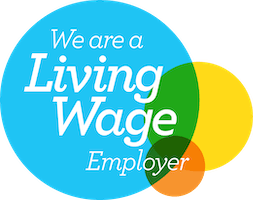Obsessive Compulsive Disorder (OCD)
What is it?
Obsessive Compulsive Disorder (OCD) can be looked at in two parts. Firstly, obsessions that are repetitive, obtrusive, unwanted thoughts that are experienced and result in unreasonable fears and compulsions. Secondly, acts or rituals carried out in response to fears generated by obsessions. The classic OCD condition is that of compulsive hand washing in response to an irrational fear of germs/contamination. In addition to the more classic forms of OCD there are a number of more specific variations including Sensorimotor OCD (focus on bodily feelings) Compulsive hoarding, Compulsive skin picking and Trichotillomania.
Those who experience an OCD disorder feel less anxious once they have carried out a compulsion. It is possible to experience obsessive thoughts only and not have the desire to carry out a compulsion. Examples of compulsions are excessive cleaning, counting, checking, measuring, and repeating tasks or actions.
DIY self diagnosis
If you can answer YES to most of the questions it is likely that you are affected by OCD. During the past 2 weeks:- Did you worry obsessively about contamination by germs/chemicals/dirt and/or that something bad might happen to you/other people, and/or that you might say something you didn’t want to that might upset others?
- Did you feel compelled to carry out certain behaviours?
- Did you check, count or repeat things over and over again?
Obsessive Compulsive Disorder (OCD)
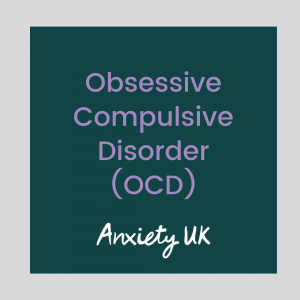 |
OCD Fact SheetThis fact sheet gives a detailed overview, as well as a look at some of the evidence based approaches to treating OCD. |
Download here |
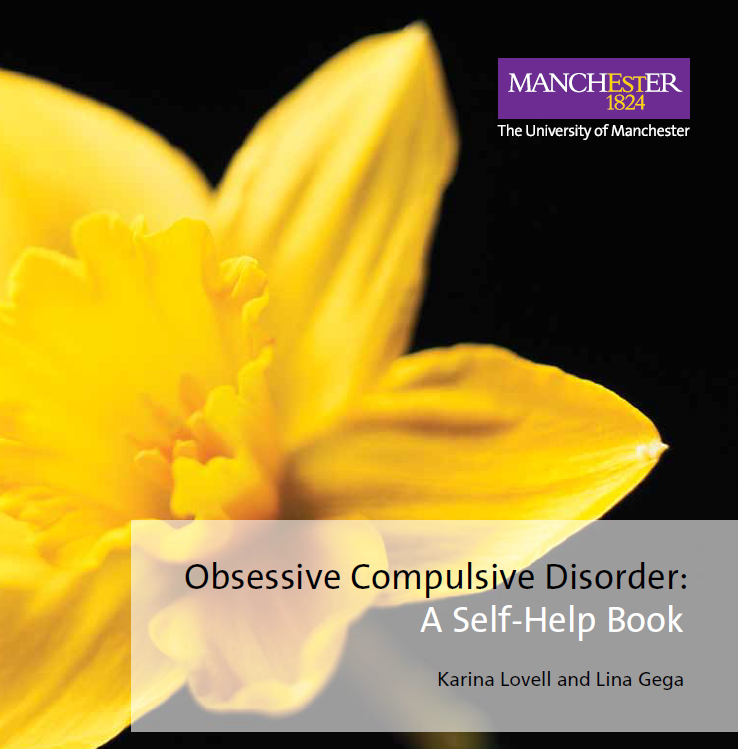 |
Obsessive Compulsive Disorder - A Self-Help BookThis book has been designed to help you to manage your Obsessive Compulsive Disorder (OCD) with support from a mental health facilitator. There are seven sections to this manual and although most people will want to work through it section by section, each section can be read on its own. In some sections there are exercises which you may wish to do.
|
Download Free |
Recommended resources
Overcoming Obsessive Compulsive Disorder is a self help book based on cognitive behavioural therapy. It includes information on how to beat your rituals and deal with obsessional thinking. It has been highly rated by a number of individuals with OCD who have used it to overcome their symptoms. You can purchase a copy in the Anxiety UK online shop here.
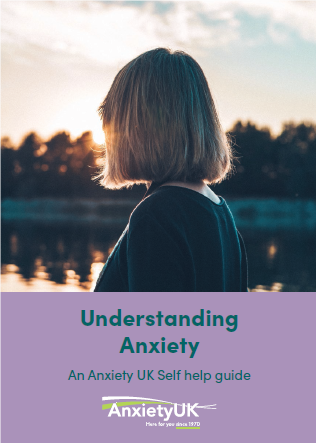
Understanding Anxiety Booklet is a guide that aims to provide you with a greater understanding of anxiety. You can purchase this from the Anxiety UK shop here.

